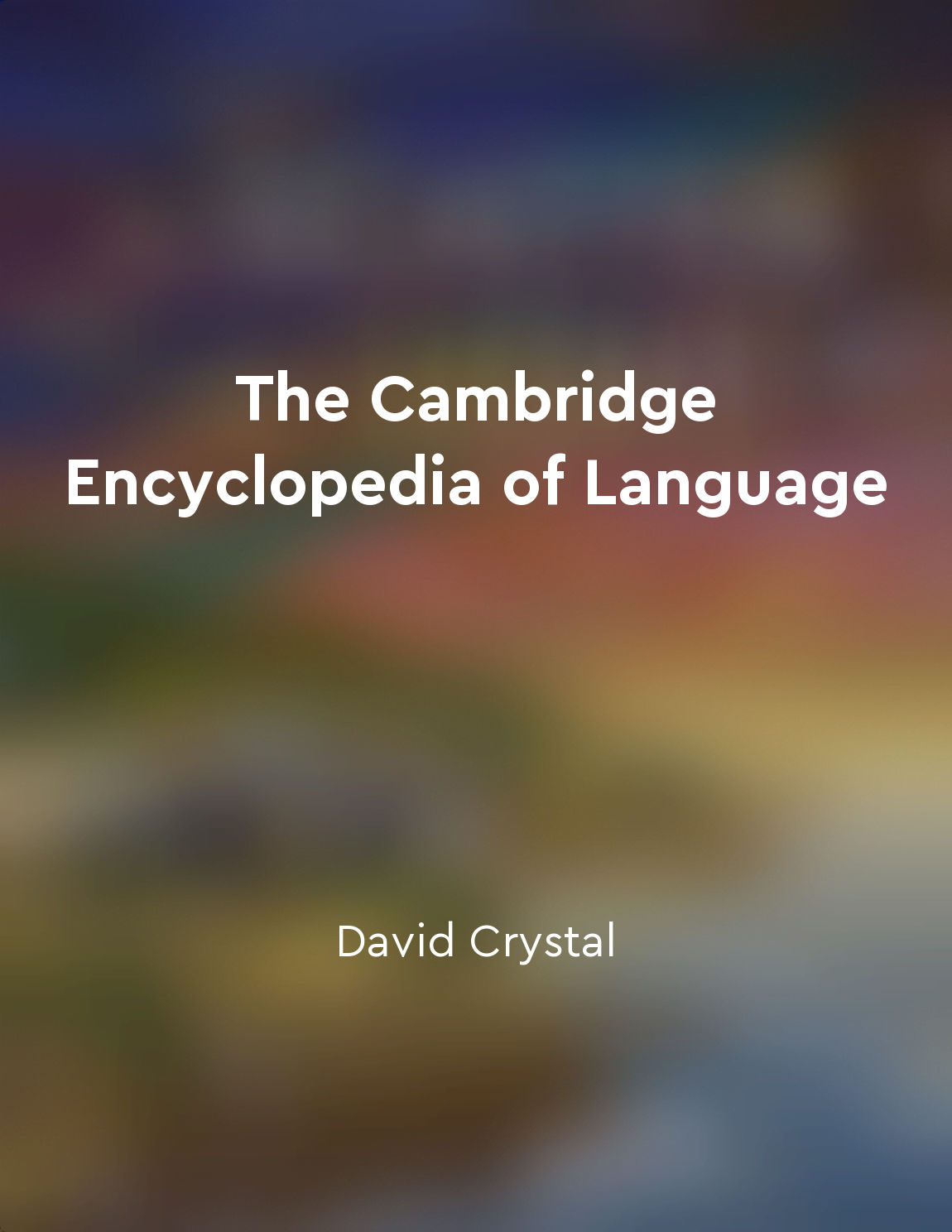The meaning of a word is the sum of its uses in various contexts from "summary" of Philosophical Investigations by Ludwig Wittgenstein
Consider the word "game." How do we define what a game is? It seems difficult to come up with a precise definition that covers all possible instances of games. We might think of games like chess, football, or solitaire, but there are also games like "find the lady" or children's games that do not fit neatly into our initial idea of what a game is. When we try to define a word like "game," we often look for common features that all games share. However, this approach may not be the most fruitful. Instead, we should consider how the word is used in various contexts. The meaning of a word is not fixed; it is fluid and depends on how the word is used in different situations. For example, when we say "pass me the game," we are likely referring to a physical object like a board game or a deck of cards. On the other hand, when we say "let's play a game," we could be referring to any activity that involves competition or amusement. In each case, the meaning of the word "game" is determined by its use in that particular context. By examining the different ways in which a word is used, we can better understand its meaning. Rather than trying to pin down a single definition that applies to all instances of a word, we should focus on how the word functions in different contexts. This approach allows for a more nuanced understanding of language and how words are used in everyday communication. In this way, the meaning of a word is not something that can be captured in a static definition. Instead, it is a dynamic concept that evolves as we encounter new uses of the word in different contexts. By paying attention to how words are used in various situations, we can gain a deeper understanding of language and how it shapes our understanding of the world around us.Similar Posts
Use humor and wit when appropriate
Humor can be a powerful tool in writing, helping to engage and entertain readers while also making complex or dry topics more a...
Children may use play to express their thoughts and emotions
Children often communicate their thoughts and emotions through the language of play. Play serves as a way for children to expre...
Appreciating cultural differences fosters empathy
Understanding and valuing cultural differences can lead to the development of empathy towards others. When we take the time to ...
Culture is not just about beliefs, but also values and practices
Culture is not merely a set of beliefs that people hold, but it encompasses a wider array of elements that shape and define a s...
Embrace the journey of learning vocabulary as a lifelong pursuit
Learning vocabulary is not a task to be completed within a limited timeframe, but rather a continuous journey that spans a life...
Communication involves shared understanding of language rules
The concept of communication involving shared understanding of language rules is fundamental to the practice of language. When ...

Children learn language through exposure to their native language spoken by others
One of the most fundamental principles of language acquisition is that children learn language through exposure to their native...
Crafts that build fine motor skills
Crafts that build fine motor skills are activities that engage the muscles in the fingers, hands, and wrists, helping preschool...
Reason is not always reliable
Reason, though undoubtedly a valuable faculty that distinguishes humans from animals, is not always a reliable guide in our dec...

Culture and history influence our perceptions and beliefs
Culture and history are like invisible threads that weave themselves into the fabric of our minds, shaping our perceptions and ...
